IT HAD all the makings of a Hollywood movie.
A talented player is discovered in the most remote of locations and given a shot at the big time, alongside some of his sport's biggest names.
One day he's hunting lizards and playing barefoot on red dirt ovals, the next he's in a world where grass is manicured to the centimetre, and dieticians monitor every chew.
Along the way, he not only has to survive and thrive in a completely foreign city, but he has to do it all while learning an entirely new language.
That's how it was for Amos Frank after being rookie-listed by Hawthorn at the end of 2011, having starred for his local team Fregon in the remote Anangu Pitjantjatjara Yankunytjatjara (APY) Lands of far north-west South Australia, and shown flashes of brilliance for Woodville West Torrens in the SANFL reserves.
Two years later, and Frank's AFL story has reached its conclusion – not with a fairytale debut on the MCG in front of 70,000 screaming fans, but instead with a press release from the Hawks, sent on October 3, announcing he had been delisted.
Although it may not have ended in quite the manner that was hoped – with the skilful small forward never quite making that senior debut – the experience will be remembered as a positive one for both club and player.
With help from the Hawks, Frank has secured a job in Adelaide working for the SANFL as an Indigenous development officer, and is expected to return to Woodville West Torrens to play football.
He'll take with him the new skills acquired during his time at Waverley, where he toiled determinedly at his football and his English language, improving significantly at both.
He embraced Melbourne life too, learning to drive around the busy streets, and to use a mobile phone.
And he became a loved member of the Hawthorn playing group, according to the club's football manager Chris Fagan, particularly when the opportunity arose to showcase his fine music abilities.
"We don't see it as a failure at all – we learned a lot out of it," Fagan told AFL.com.au.
"He grew as a person, and he brought a lot to the club – I reckon it was great for our players to have him around.
"It amazed them how well he adapted – it is a big ask to move from where he was to Melbourne.
"Overall, it was a really good thing to do, but we just couldn't quite see him getting there to play AFL footy."
In his two seasons on the Hawthorn list, Frank showed some positive signs.
Playing at Box Hill, he would dart in and out of games, often doing one or two brilliant things – a crumbing goal, a chasedown tackle – before drifting out of the action.
His kicking skills on both sides of the body (he does not nominate a preferred foot) were a particular feature.
"There were definitely moments in games when he'd do something a bit special, and you'd go, 'Ooh. That was pretty good,'" Fagan said.
"He definitely had AFL attributes about him."
But in 2013, he was hampered by a knee injury, and his small 169cm frame meant he had trouble handling the physicality of the VFL.
"He got knocked around a lot," Fagan said.
Above all, the language barrier proved the greatest challenge.
Working with a tutor hired by the Hawks, Frank progressed to a point where he could have basic conversations.
But in a football world now so heavily dictated by team structures and meetings, that was not quite enough – even though Hawthorn's coaching staff did its best to simplify the message.
Fagan estimated it would have been a five- or six-year project to get the rookie to a point where he could understand everything that was being asked of him.
"It's pretty hard, when you don't have a great command of the English language, to sit in a team meeting where everything gets spoken about quite quickly," Fagan said.
"He tried super hard, and so did the club, to help him with that, but at the end of the day we just felt like it was probably going to be difficult for him to get there."
Around two months ago, Frank and Hawthorn's welfare manager Jason Burt travelled to Adelaide for a week and put things in place for 2014.
He goes with the Hawks' best wishes, having made a lasting impression, and opened their eyes to the challenge faced by Indigenous players coming from remote communities.
Amos Frank leaves Hawks after short but incredible journey
Both Hawthorn and Amos Frank are better for having known each other


